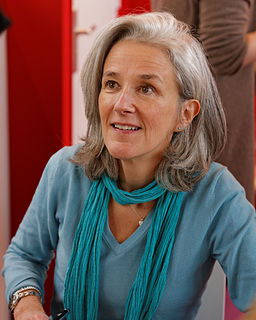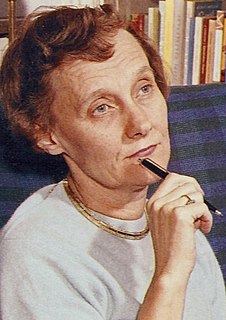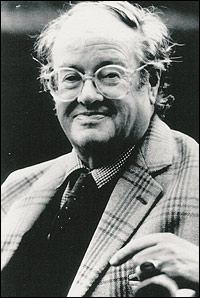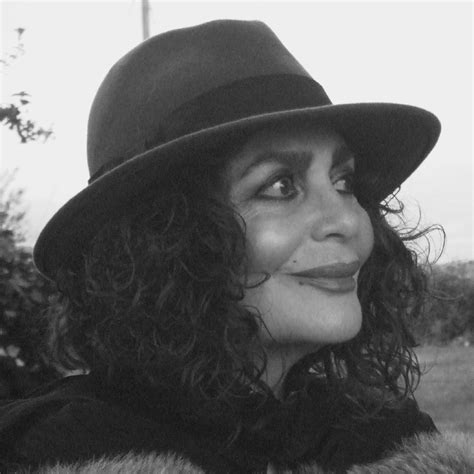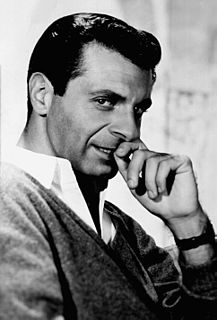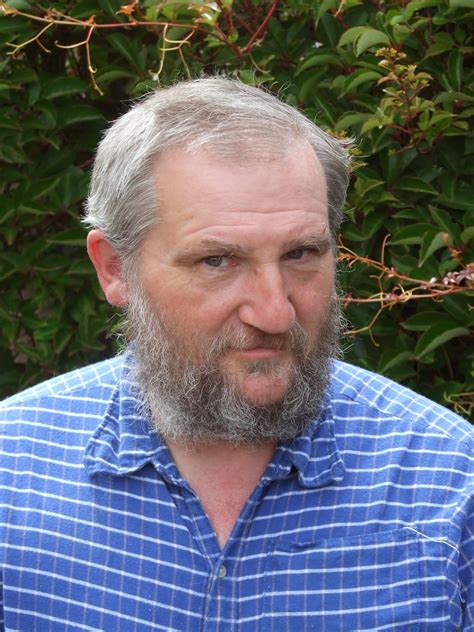A Quote by Tatiana de Rosnay
The girl wondered: These policemen... didn't they have families, too? Didn't they have children? Children they went home to? How could they treat children this way? Were they told to do so, or did they act this way naturally? Were they in fact machines, not human beings? She looked closely at them. They seemed of flesh and bone. They were men. She couldn't understand.
Related Quotes
As the children were sitting there eating pears, a girl came walking along the road from town. When she saw the children she stopped and asked, "Have you seen my papa go by?" "M-m-m," said Pippi. "How did he look? Did he have blue eyes?" "Yes," said the girl. "Medium large, not too tall and not too short?" "Yes," said the girl. "Black hat and black shoes?" "Yes, exactly," said the girl eagerly. "No, that one we haven't seen," said Pippi decidedly.
The only acceptable way to solve ecological problems is if you can persuade people to have fewer children. In the Victorian times, there were families of 15 children. Someone like Edward Lear, he was the last of 21 children. And so what we have to think about is offering people the alternative choice. And in the West, that's what's happening. The birth rate has been dropping steadily and still is. I'm wanting human beings to be better off so they don't view children as an insurance for the future.
I believe it would be much better for everyone if children were given their start in education at home. No one understands a child as well as his mother, and children are so different that they need individual training and study. A teacher with a roomful of pupils cannot do this. At home, too, they are in their mothers care. She can keep them from learning immoral things from other children.
And my daughter said, 'Why are you yelling at us?' and I said, 'I'm trying to discipline you!' And then she looked up at me with her tear-stained eyes and said, 'This is how you teach children, by making them cry.' And it was such a clenching reminder - she won not only the argument, but she won life with that statement. I just burst out laughing, and I think they were so surprised that I burst out laughing, that they did too.
But some of the nonsense was evil, since it concealed great crimes. For example, teachers of children in the United States of America wrote this date on blackboards again and again, and asked the children to memorize it with pride and joy: 1492. The teachers told the children that this was when their continent was discovered by human beings. Actually, millions of human beings were already living full and imaginative lives on the continent in 1492. That was simply the year in which sea pirates began to cheat and rob and kill them.
Ideas about mothers have swung historically with the roles of women. When women were needed to work the fields or shops, experts claimed that children didn't need them much. Mothers, who might be too soft and sentimental, could even be bad for children's character development. But when men left home during the Industrial Revolution to work elsewhere, women were "needed" at home. The cult of domesticity and motherhood became a virtue that kept women in their place.
And so when Mrs. Darling went back to the night-nursery to see if her husband was asleep, all the beds were occupied. The children waited for her cry of joy, but it did not come. She saw them, but she did not believe they were there. You see, she saw them in their beds so often in her dreams that she thought this was just the dream hanging around her still.
He turned away, and suddenly she thought about the old children's story, where the stupid girl opens the box that God gave her, and all the evils of the world fly out, except Hope, which stays at the bottom; and she wondered what Hope was doing in there in the first place, in with all the bad things. Then the answer came to her, and she wondered how she could've been so stupid. Hope was in there because it was evil too, probably the worst of them all, so heavy with malice and pain that it couldn't drag itself out of the opened box.
The most important difference between these early American families and our own is that early families constituted economic unitsin which all members, from young children on up, played important productive roles within the household. The prosperity of the whole family depended on how well husband, wife, and children could manage and cultivate the land. Children were essential to this family enterprise from age six or so until their twenties, when they left home.
